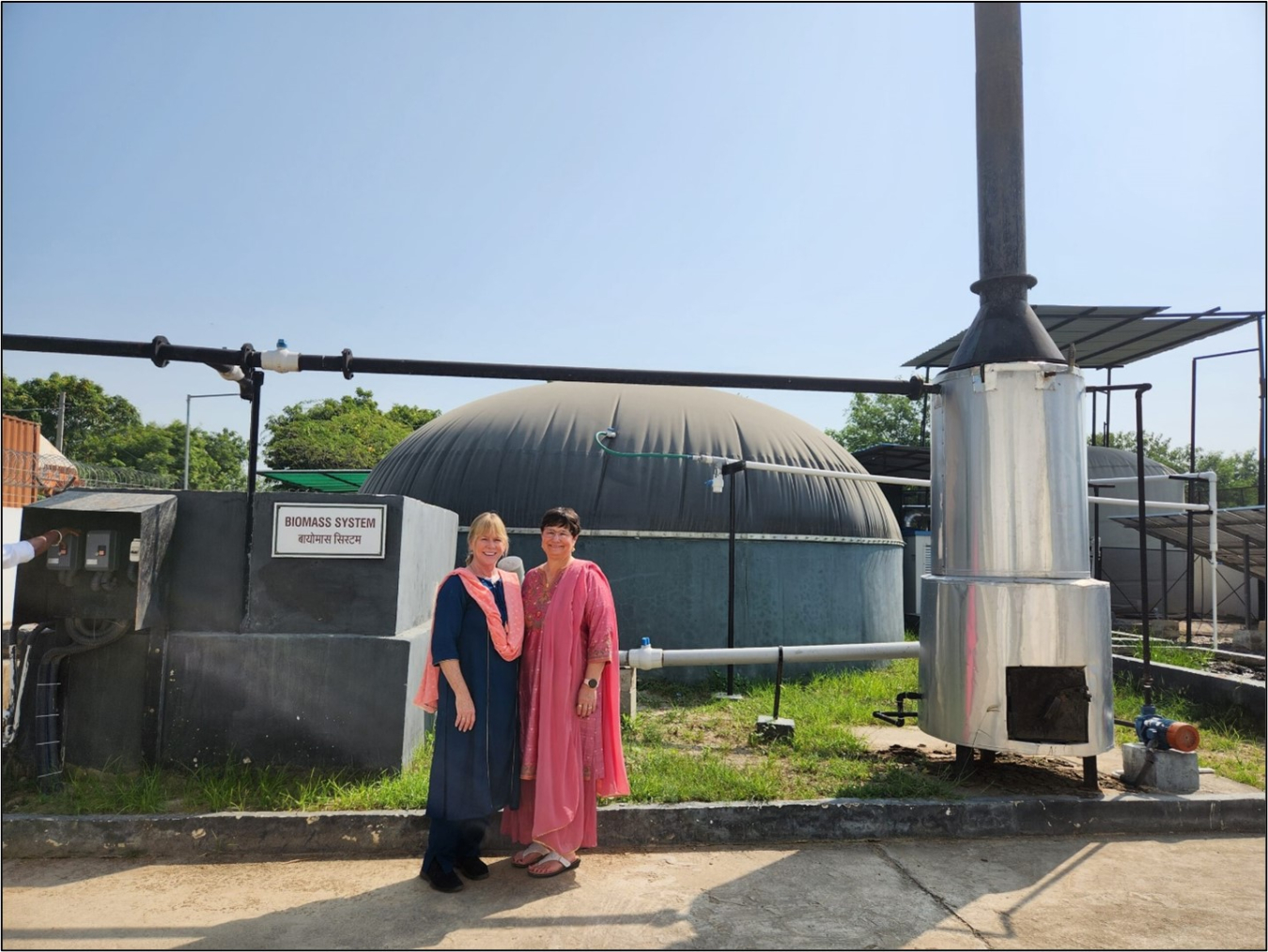Highlights
-
- Nuclear Energy
- Energy Security
- International Market Development
- Clean Energy
- American Manufacturing
U.S.-based Westinghouse Selected to Develop Poland’s First Nuclear Reactors Generating Thousands of American Jobs, Advance Europe’s Shift Away from Russian Oil and Gas -
- Industrial Decarbonization Technologies
- Inflation Reduction Act
- Clean Energy
- American Manufacturing
- Circular Economy and Sustainable Manufacturing
The U.S. Department of Energy announced today a pilot project to measure the greenhouse gas (GHG) intensity of certain industrial products -
Market Development aims to enhance and revitalize U.S. competitiveness in the rapidly expanding global clean energy and infrastructure marketplace while creating clean energy jobs in the U.S. and ensuring stable and secure supply chains.January 17, 2025
International Market Development Workstreams
1. Market/Project Development:
DOE facilitates deployment of U.S. Energy technologies globally by supporting U.S. energy companies entering new markets. This includes identifying financing mechanisms to de-risk projects, serving as a government interlocutor in the process of winning contracts for major energy infrastructure projects, supporting offtake agreements, and assessing country energy sectors to identify technology opportunities.
2. Industry Engagement:
DOE’s industry engagement seeks to further strategic project development and help to represent U.S. energy industry and DOE equities in energy, trade, labor, and other policy making. This includes connecting U.S. companies with opportunities for exports, sources for inputs, and explaining opportunities for FDI in the United States.
3. Bolstering Critical Minerals/Materials Supply Chains:
DOE works with stakeholders such as other Federal agencies, industry, and foreign governments to support energy security and national economic security by identifying and facilitating sustainable supplies of critical minerals and materials for energy manufacturing and operations.
4. Standards and Principles in Energy Critical Materials:
DOE seeks to ensure national and international standards support competitiveness of U.S. energy technology, supply chains, and manufacturing priorities, including through working with other federal agencies and with allies to support and use international best practices in energy and critical minerals and materials projects.
5. Energy, Trade, and Market-Related Policy
DOE represents the interests of the U.S. energy sector in policy-making spaces, including to inform U.S. trade policy and its execution to protect national security, as well as USG and private sector investments.
Press Releases
From Our Blogs
-

- Clean Energy
- Renewable Energy
- Energy Storage
- International Market Development
August 28, 2024 -
- Arctic Energy
- Fossil
- Energy Security
- International Market Development
- Carbon Management
August 13, 2024 -
- Energy Security
- Clean Energy
- International Meetings and Forums
- International Market Development
- Nuclear Nonproliferation
July 30, 2024 -
- Clean Energy
- International Meetings and Forums
- Renewable Energy
- Energy Security
- International Market Development
July 2, 2024

